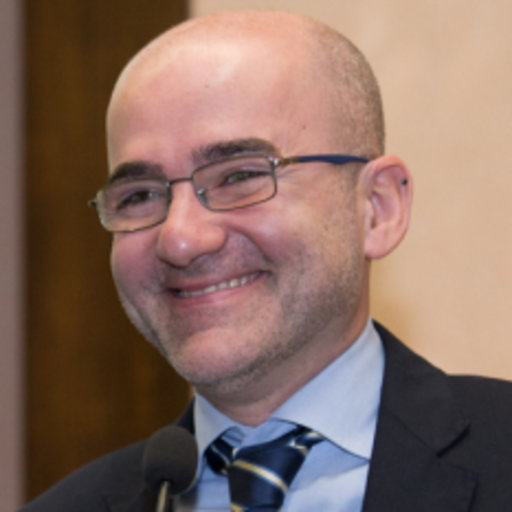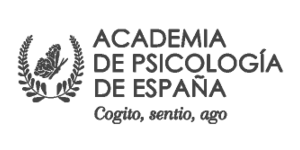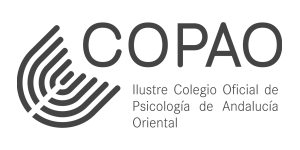Speaker

PIETRO MURATORI
IRCCS FONDAZIONE STELLA MARIS, UNIVERSITY OF PISA. ITALY
Pietro Muratori is psychologist and cognitive behavioral psychotherapist. He graduated in Psychology at the University of Florence (Florence, Italy) in 2003 and he specialized in cognitive behavioral therapy at the Bolognese School of Cognitive Psychotherapy (Bologna, Italy) in 2009. He is an official trainer for the Coping Power Program since 2009: he received a specific training at the University of Alabama, Tuscaloosa (United States of America) with Prof. John Lochman. Currently, Dr. Muratori is a clinician and a researcher at the Department of Developmental Neuroscience at IRCCS Stella Maris Foundation (Pisa, Italy), where he dedicates himself to the diagnosis and treatment of children and adolescents with Disruptive Behavior Disorders (DBD) diagnosis. In his research activities, he mainly focused on the investigation of clinical profiles in children and adolescents with Disruptive Behavior Disorder. Recently, he has been focusing on mindfulness for parents and children, developing interventions in this field. He coordinates numerous prevention projects in schools and have contributed to developing a new compassion-focused model for children He is Adjunct Professor of Clinical Psychology at University of Pisa, Italy.
Nurturing Compassion Through Intervention for Children: Building a Kinder
Tomorrow

Compassion is defined as the emotional response of caring for and wanting to help those who are suffering. It is a fundamental aspect of human interaction and social cohesion. Increasing compassion in children is crucial for their emotional and social development, it can be important for children to learn compassion towards others and towards themselves during a developmental period when relationships become more complicated, self-view begins to develop, and the school context becomes evaluative. The first speaker will present a study about self-compassion in children and its relations with children’s well-being. In this study, 428 children (aged 8-12) filled out the Self- Compassion Scale, findings of the study showed that this scale possesses good reliability. Its scores negatively correlate with children’s emotional and behavioral problems and positively correlate with their prosocial behaviors. The second speaker will describe a Compassion Focused Training developed for children. Following a CFT manual by Petrocchi, Kirby, and Baldi, a six-module intervention designed for primary school classes was created. eight classes (142 children, aged 8-10) participated in the study: four classes were randomly allocated to the compassion program, while four classes were randomly allocated to a standard Social Emotional Learning program, both conducted by psychologists. The after-intervention measures will be collected in April 2025 and the results of this preliminary study will be presented at the upcoming congress. The third speaker will present the “Compassion at School” intervention that focus on the notion of compassion in the educational environment, exploring its role and how it influences cognitive and affective processes involved in learning. This original research may indicate a new approach for helping children recognize and address self-criticism and shame, as well as understand compassion, how to cultivate it, and its potential for their own well-being and that of others. The fourth speaker will present a mindful parenting model for parents of children with neurodevelopmental disorders. Mindful parenting is an approach that emphasizes being present and attentive to the children’s needs and emotions. It involves practices that foster awareness, empathy, and non judgmental acceptance. By adopting mindful parenting techniques, parents can significantly enhance their children’s capacity for compassion and self- compassion. This intervention will present research data about the efficacy of this model in reducing parents’ stress and improve their parenting abilities.












